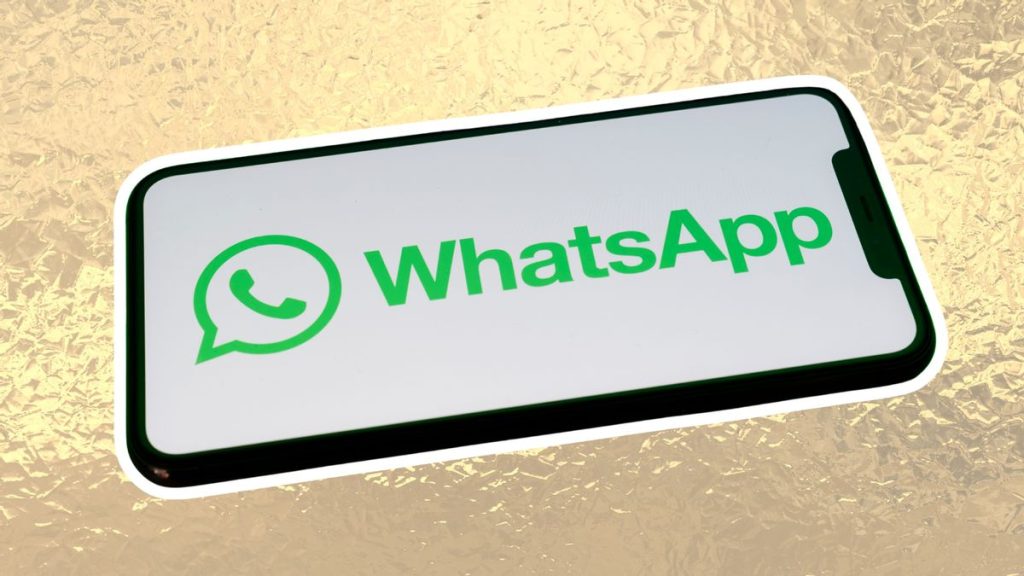Listen to the article
WhatsApp Warns Users About Resurgent “WhatsApp Gold” Scam
Security experts have issued fresh warnings about a long-running scam targeting WhatsApp users after a new wave of fraudulent messages began circulating in October 2025. The so-called “WhatsApp Gold” scam, which first appeared nearly a decade ago, has resurfaced, prompting widespread concern among the app’s global user base.
Multiple Facebook posts have begun alerting users about text messages promoting a purported premium version of the popular messaging platform. These fraudulent messages typically promise exclusive features such as enhanced video quality, special emoji sets, and customized chat colors for users who “upgrade” to the premium service.
In an official statement emailed to Snopes, WhatsApp categorically denied the existence of any premium version of their application: “No, WhatsApp does not offer things like WA Gold or WA Plus. This is a hoax that has again resurfaced. We strongly encourage people to only use the official WhatsApp app.”
The company emphasized the significant security risks associated with unofficial applications: “We don’t support unofficial clients — which could use many different names — because they carry real security or privacy risks to the people they trick into downloading them.”
Cybersecurity experts note that the scam typically operates by sending users messages with download links to the supposed premium version. These links direct victims to malicious websites designed to steal personal information or install harmful malware on their devices. The Federal Trade Commission warns that such malware can be used to harvest sensitive data including bank account details, Social Security numbers, and login credentials.
The “WhatsApp Gold” scam first emerged in 2016, according to reports from The Independent and other news outlets. Despite repeated warnings from cybersecurity firms and law enforcement agencies over the years, the scam continues to find new victims, demonstrating remarkable persistence in the digital ecosystem.
Some social media posts have erroneously linked the “WhatsApp Gold” hoax to another fictitious threat known as the “Martinelli video” – a purported video that supposedly hacks phones when opened. Security experts confirm that no such video exists, and this represents a separate, though equally baseless, scare tactic that has circulated online since 2017.
Similar unfounded warnings about viral videos with names like “Dance of the Pope” and “Dance of the Hillary” have also persisted in digital spaces, often becoming intertwined with legitimate warnings about actual scams like “WhatsApp Gold.”
Leading cybersecurity firms including Norton and Avira have published guidance for users concerned about falling victim to such scams. Their primary recommendation is straightforward: WhatsApp only offers one official version of its platform, available for free through legitimate app stores like Apple’s App Store and the Google Play Store.
“Any message promoting premium variants is automatically fraudulent,” Norton states on its website.
Security experts recommend several protective measures for users: never click on suspicious links, block unknown contacts who send questionable messages, and always verify information through official channels before downloading any application.
The persistence of the “WhatsApp Gold” scam demonstrates how digital misinformation can maintain its effectiveness over extended periods. Despite nearly a decade of debunking efforts, the scam continues to evolve and find new potential victims, highlighting the ongoing challenge of cybersecurity education in an increasingly connected world.
For WhatsApp’s 2 billion-plus users worldwide, the message from security professionals remains consistent: stick to official channels for all app downloads and updates, and approach any promise of “exclusive” or “premium” features with healthy skepticism.
Verify This Yourself
Use these professional tools to fact-check and investigate claims independently
Reverse Image Search
Check if this image has been used elsewhere or in different contexts
Ask Our AI About This Claim
Get instant answers with web-powered AI analysis
Related Fact-Checks
See what other fact-checkers have said about similar claims
Want More Verification Tools?
Access our full suite of professional disinformation monitoring and investigation tools




8 Comments
I’m glad WhatsApp is on top of this and warning users. These ‘premium’ app scams are such a nuisance. Gotta love how they flatly denied any ‘WhatsApp Gold’ version – clear and direct messaging.
Ugh, not this ‘WhatsApp Gold’ nonsense again. Glad to see the company forcefully debunking it. Always better to stick with the official, secure app than risk sketchy third-party versions.
Completely agree. No need to fall for empty promises of exclusive features – safety should be the top priority when it comes to messaging apps.
Well, at least this resurgent scam is getting widespread attention. Kudos to WhatsApp for their swift, clear response. Users should heed the warning and avoid any ‘premium’ app offers.
Interesting to see this scam resurface after nearly a decade. Wish people would stop falling for these too-good-to-be-true claims about exclusive app features. Better to stick with the real deal from WhatsApp.
Absolutely. Fraudsters will always try to take advantage, but we have to stay vigilant. Kudos to WhatsApp for the quick response to warn users.
Ah, the old ‘WhatsApp Gold’ scam rears its head again. Gotta stay vigilant against these bogus premium app offers. Kudos to WhatsApp for the clear warning – safety first when it comes to messaging apps.
Agreed. It’s important to only use the official WhatsApp app from trusted sources. Unofficial versions could pose serious security risks.